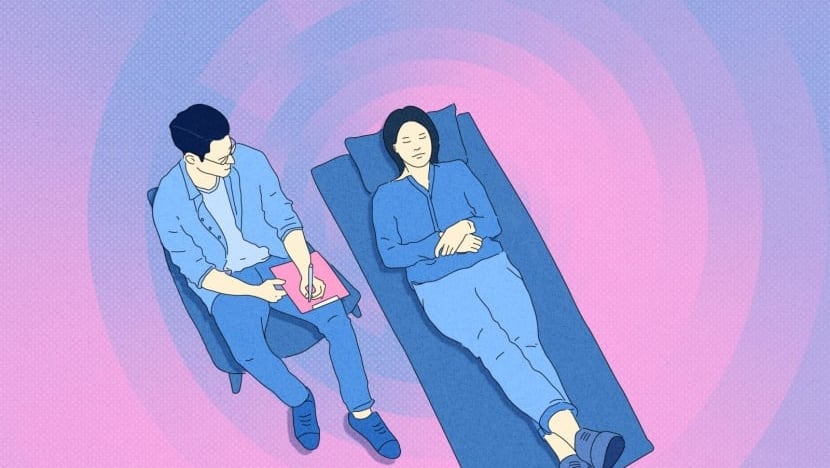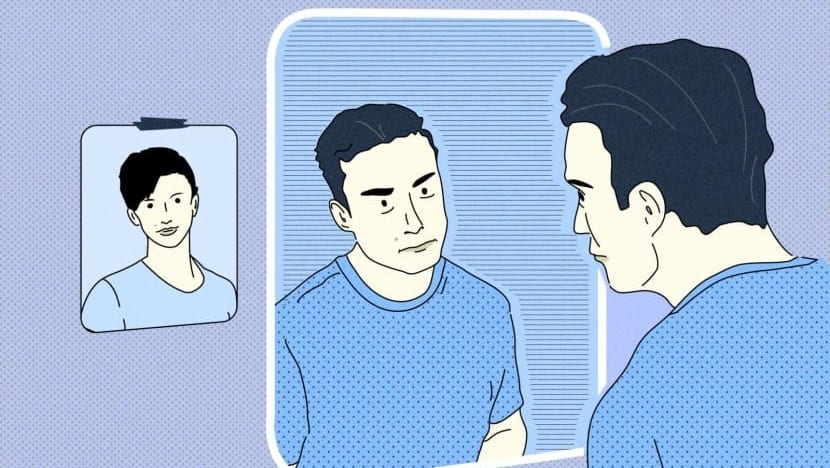Can hypnosis make you a better worker? For some, it's a secret weapon
Practitioners cautioned that hypnotherapy is best used as a supplement to other forms of therapy, and there are situations where it may not be effective or worsen a mental health problem.


This audio is generated by an AI tool.
I decided to try hypnotherapy, an alternative form of therapy that uses hypnosis, after reading an article about how business leaders have used it to tackle setbacks in the workplace such as speech anxiety and low confidence.
Could this work for me? I find myself constantly distracted when I need to finish a piece of writing in one sitting. But as a journalist with tight deadlines, this is not ideal.
So I thought that hypnotherapy could potentially help overcome my lack of focus, given that other self-help strategies have failed.
The practice of hypnotherapy is not new. After doing some research, I found that some high-profile personalities had undergone hypnotherapy to solve a myriad of problems.
For instance, Tiger, a 2021 documentary on cable channel HBO, revealed that golfer Tiger Woods practised a form of self-hypnotising to achieve maximum concentration while playing tournaments.
So what exactly is this technique? Is it a legitimate form of therapy that can deal with a broad range of issues, or simply an age-old showmanship tactic of swinging a pendulum in front of a patient to make them follow commands?
The thing is, my experience left me confused.




For treating pain, Dr Marshall said that if someone with a hand injury uses hypnosis to dissociate themselves from their pain until they do not feel it at all, when they put their hand on a hot plate in the kitchen, they might not know it is burning until they smell it.
He also cautioned that the hypnotherapy sector is rather unregulated and people should be discerning when selecting a hypnotherapist.
“This is a big problem because anyone can study hypnosis.
“In many hypnosis schools, you receive a certificate of attendance, so you may have very little skill, practice and supervision, but you still get a piece of paper at the end of it saying you’re a hypnotist.”
Dr Marshall said that if he were a client, he would choose a therapist who has "training in the mind" in addition to knowing hypnotherapy. This refers to professionals such as psychiatrists and clinical psychologists with postgraduate qualifications in these specialisations, for example.
Mr Lew said: “In Singapore, the mental health training industry is still relatively young. There is significant potential for growth in developing similar accreditation frameworks like in the United States and the United Kingdom for hypnotherapy.”
As for me, am I willing to give hypnotherapy a second chance?
Having spoken to the experts, I am more convinced that hypnotherapy can potentially produce dramatic changes in certain people, and perhaps in myself as well.
That is as long as I keep my mind open to the idea and learn how to visualise better, while taking note of the risks flagged by these experts.
Even then, I have to admit that repeated hypnotherapy sessions may be somewhat outside my budget. To this, my therapist suggested picking up self-hypnosis techniques as another avenue.
After all, if it helped Tiger Woods clinch championships, then perhaps this could be my secret weapon.










